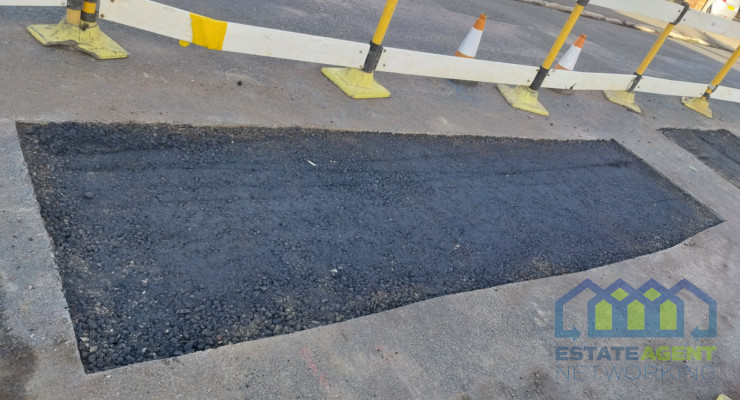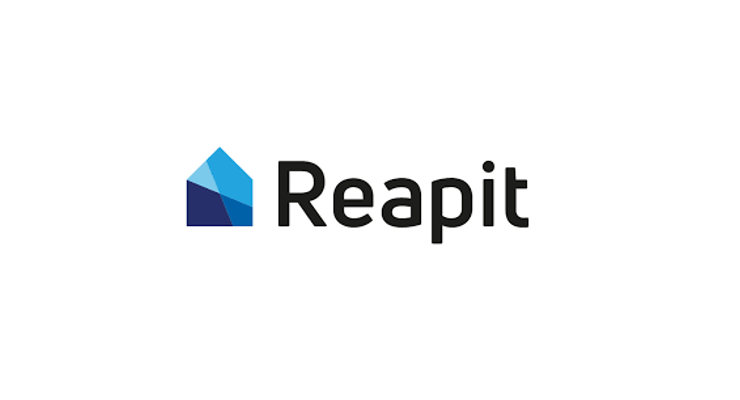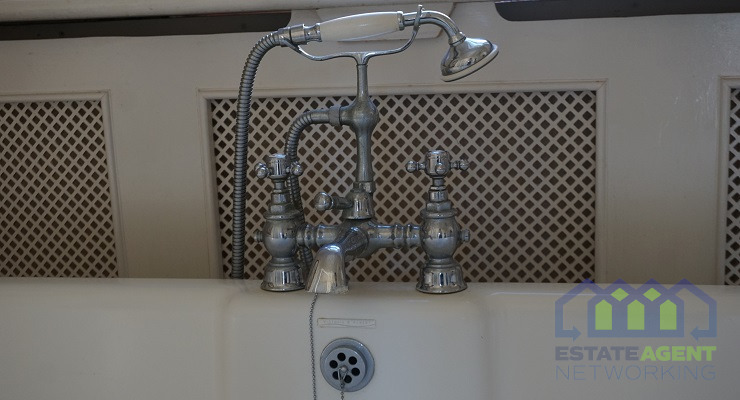How to Be a Landlord: A Comprehensive Guide
There’s a lot of money to be made in the real estate industry. But of course, you will need to make major investments first.
Becoming a landlord is one of the best ways you can leverage real estate investments and make very good returns. A landlord is a real estate investor who earns an income by renting out his or her property to other people.
Unlike what most people think, there’s more to a landlord than just showing up at the end of the month to collect rent.
There are also certain responsibilities you must fulfill to your tenants. In that case, you may want to think very carefully before deciding to become a landlord.
In this article, we are going to show you how to be a landlord in easy steps:
-
Purchase a Rental Property
The first step towards becoming a landlord is owning rental property. Before purchasing any real estate asset for rent, there are several factors you may want to keep in mind. What is the location of the property you intend to buy? Will it attract tenants?
What is the average rent in that area? What about property taxes? How do they affect your rental income potential? All these questions must be answered before you decide to purchase a property. They will help you pick out the most promising properties with real potential for rental income.
-
Do the Calculations
Any investment you make in real estate has to have an upside for growth. In other words, there should be a real likelihood of making money from your investment. This is why you need to work out the math before buying your property. Start by working out the capitalization rate.
This refers to the average rate of return on a given property. Secondly, you also need to figure out the projected annual rental income. Is it worth it? You should only buy real estate assets that offer a high capitalization rate and more than average annual rental income.
-
Understand the Legal Landscape
Different countries, states, and territories have specific laws that govern real estate investment. You will also notice legal provisions are governing the relationship between the landlord and the tenant. You must be familiar with this legal landscape and act accordingly before making any investments in rental properties.
-
Screen Your Tenants
Once you’ve become a property owner, it’s time to rent out your space to would-be tenants. Don’t just rent to anyone that comes along. You need to have a screening mechanism that ensures only the best possible tenants get the chance.
Checking references from previous landlords and employers will help you know the kind of tenants you are bringing to your property.
-
Keep Everything Organized
It’s also important to do proper accounting and bookkeeping for your rental property. Keeping an accurate record of all expenses and income helps you to know whether you are making money or not. These records will also be crucial during an IRS audit.
Conclusion
In conclusion, becoming a landlord can be a profitable endeavor. But it can also turn out to be a stressful experience, especially if you are not prepared. Keep the simple tips above in mind and you will have a better chance of succeeding.









